Can you name the sons of Moses? You’re probably in good company if you can’t. The fact of the matter is that other than their names, the Torah tells us virtually nothing about them. Their deeds and destiny are unknown.
What accounts for this? How do the children of so central a biblical figure simply slide through the Torah with nary a mention? The rabbis of the midrash were troubled by this question, and from various thoughts that they recorded, we can piece together an answer that has important and potentially alarming implications for all of us who are parents. And we will also begin to suspect that the rabbis who addressed the question of Moses’ sons had more than just an academic interest in the issue. They may very well have had a personal stake in understanding why what happened to Moses’ sons happened to them.
The first relevant rabbinic comment addresses a curious sequence of verses in the third chapter of the book of Bamidbar (Numbers). There, in the midst of a general genealogical survey of Israel, we come across the attention-grabbing verse, “…and these are the children of Aaron and Moses.” The following verse reads, “…and these are the names of the children of Aaron, the eldest being Nadav, and Avihu, Elazar and Itamar.” Nowhere are the names of Moses’ children to be found. Say the rabbis, “The children of Aaron are here being referred to as ‘the children of Moses,’ for Moses taught them Torah. And whoever teaches Torah to the children of another, Scripture regards those children as if they are his own.” There’s no doubting the beauty and truth of this idea, but it only addresses half of the textual problem here. It explains why Aaron’s children are listed as being Moses’ too. But it does not explain why Moses’ biological children are omitted altogether!
The other shoe drops in a rabbinic comment concerning a verse in this week’s Torah reading. As the reality of his own eventual death in the desert sets in, Moses asks that God appoint a new leader for the people — the one who will lead them into the Land of Israel. The rabbis comment that the timing of this request was not at all accidental. Immediately prior to this, God had directed Moses concerning the laws of inheritance, which firmly established that the first right of inheritance belonged to a person’s children. It was on the coattails of that discussion, the rabbis comment, that Moses requested that God appoint a successor to lead Israel.
“Now is the time to make my claim,” Moses reasoned to himself. “It is only right that my sons inherit my glory.” God’s response, in this rabbinic midrash, is startling and tragic. “The one who watches the fig tree shall eat the fruit thereof. Your sons, Moses, idled away their time and did not occupy themselves with the study of Torah.”
The composite picture is heartbreaking. Moses devoted so much time to studying with Aaron’s children that he merited being called their honorary father. And he spent so little time studying with his own children that they weren’t even given a second’s consideration as possible successors to their father. They didn’t amount to anything considered worthy of biblical description at all. This is why, unless you happen to remember Exodus, chapter 18, verses 3 and 4, you may not even know their names.
This part of Moses’ story is an astounding testament to the reality that we can only expect to get out of our children what we put in. And it teaches that it’s not even enough to be a model of correct and righteous behavior. The only way to convey to our children that living the Torah is important, is to actually take the time to personally sit down and study Torah with them. It was, of course, Moses who spoke the familiar command, “Thou shalt teach them to thy children.” Tragically, Moses learned this the hard way.
Rabbis and teachers need to especially take note. The story of Moses and his children hits us particularly hard, as I’d bet it did the rabbis of the midrash before us. Thank God, we have hundreds of “Aaron’s children.” God forbid, that we should ever forget the names of our own.
Yosef Kanefsky is rabbi at B’nai David Judea in Los Angeles.







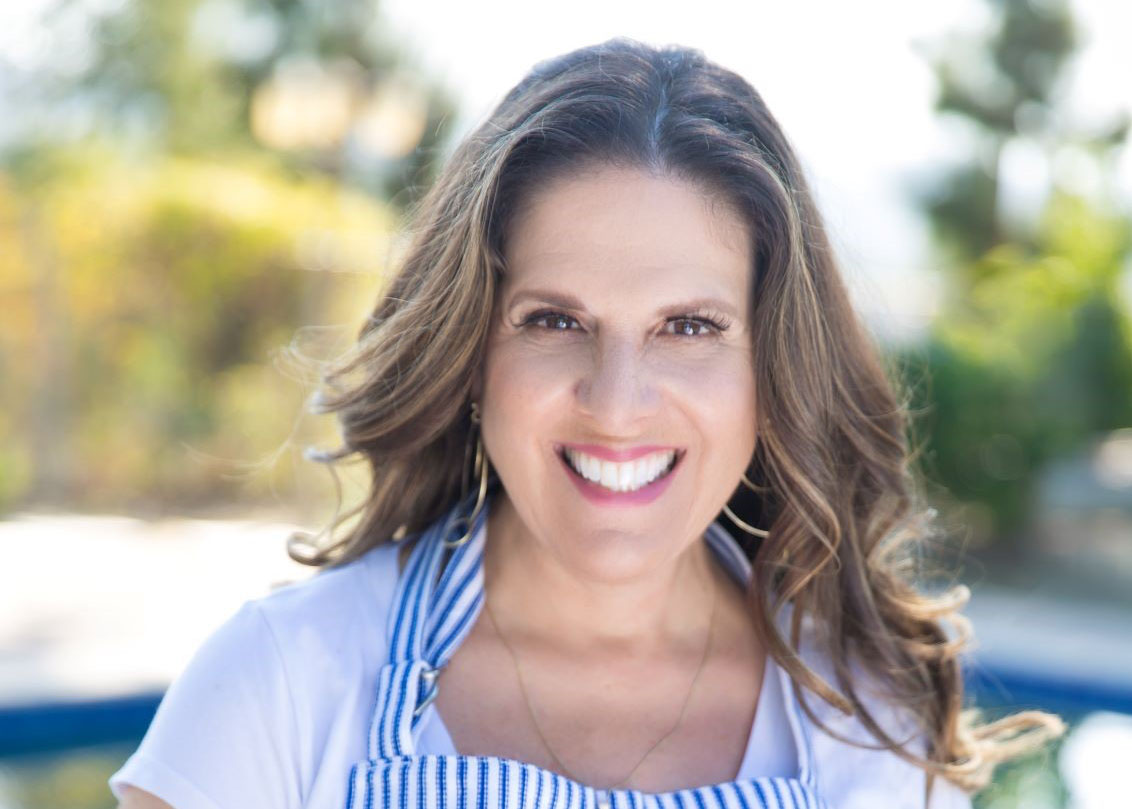
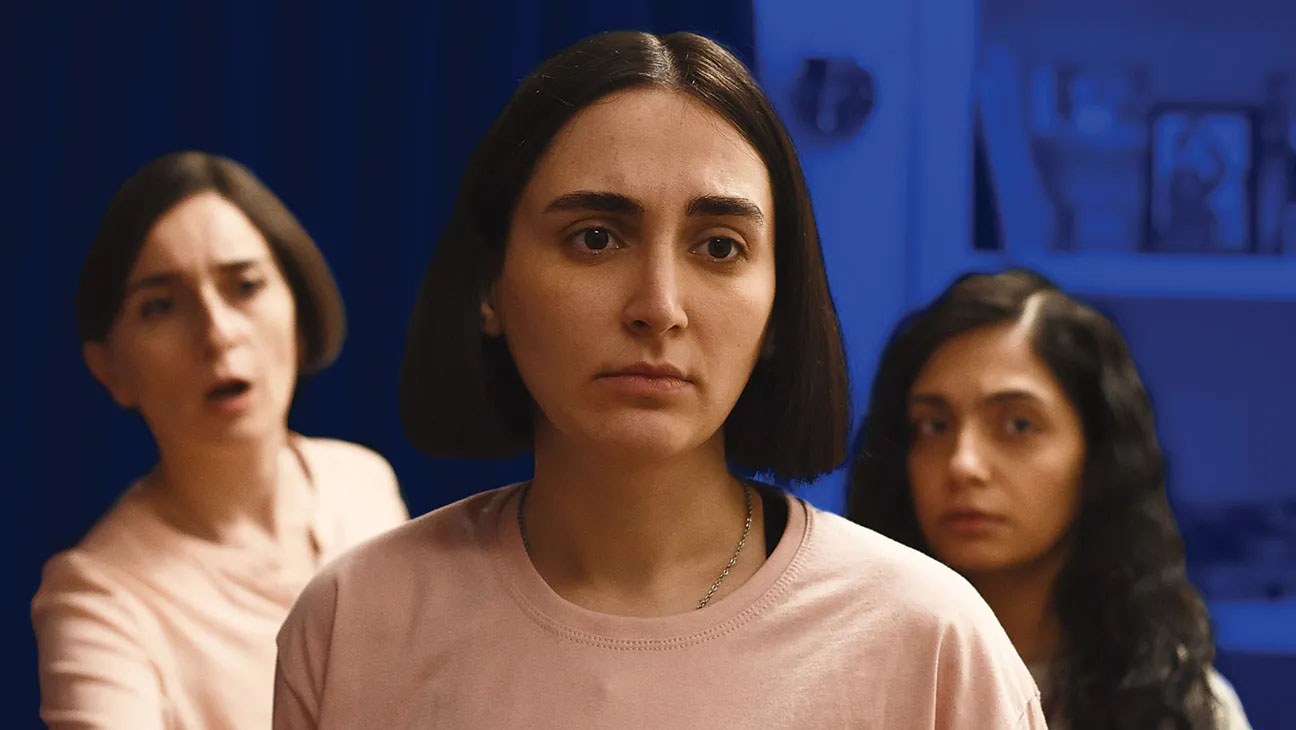

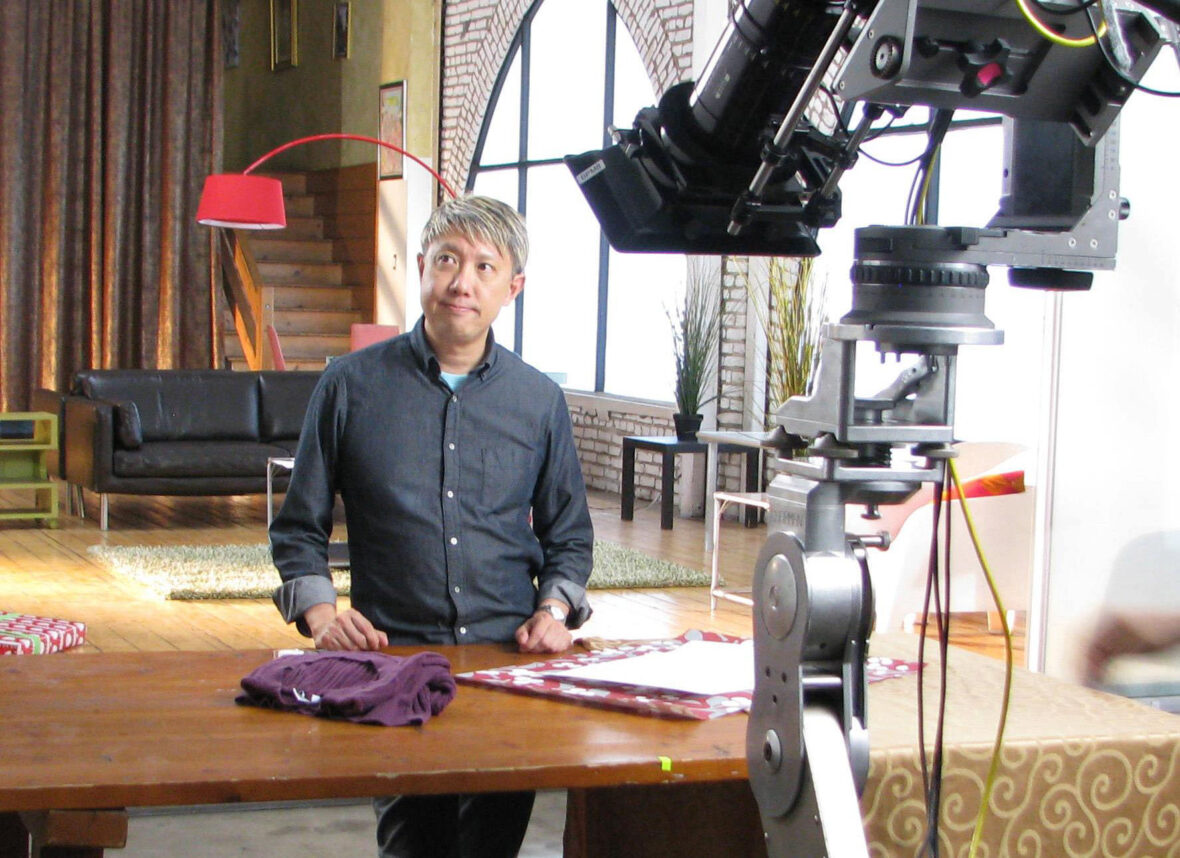
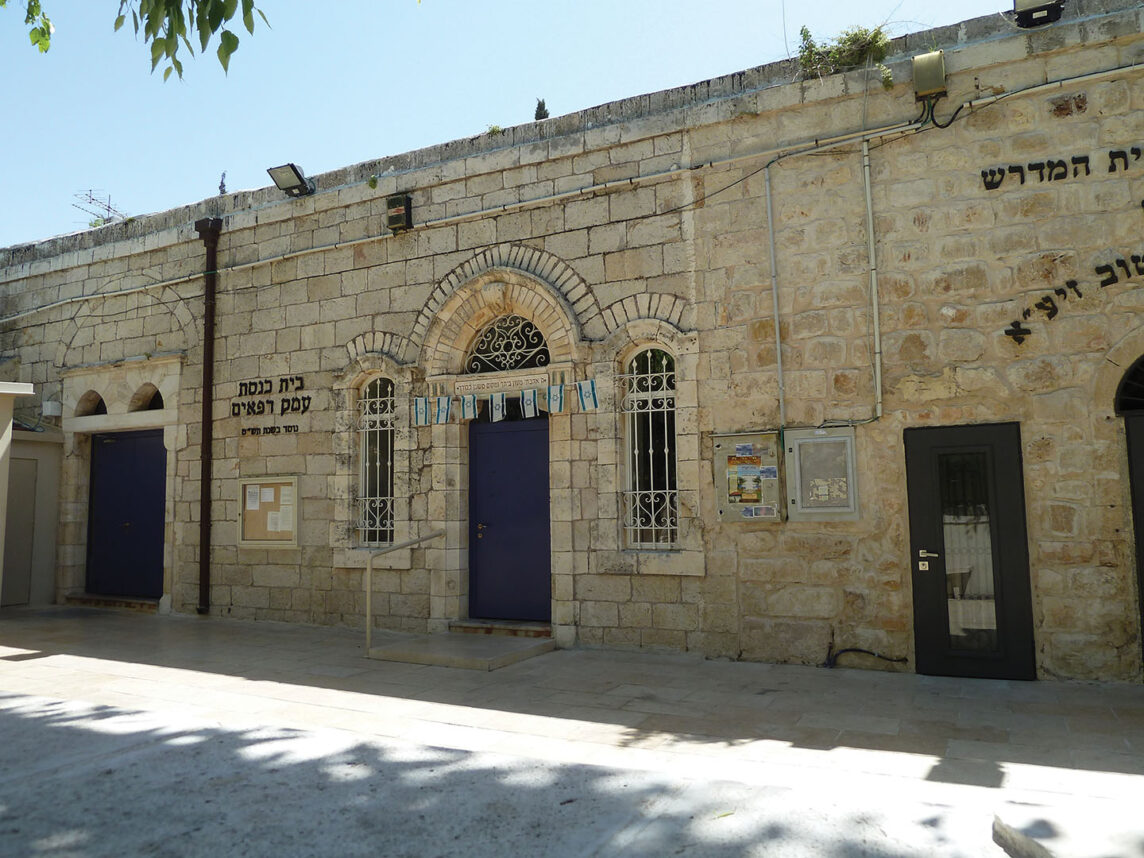
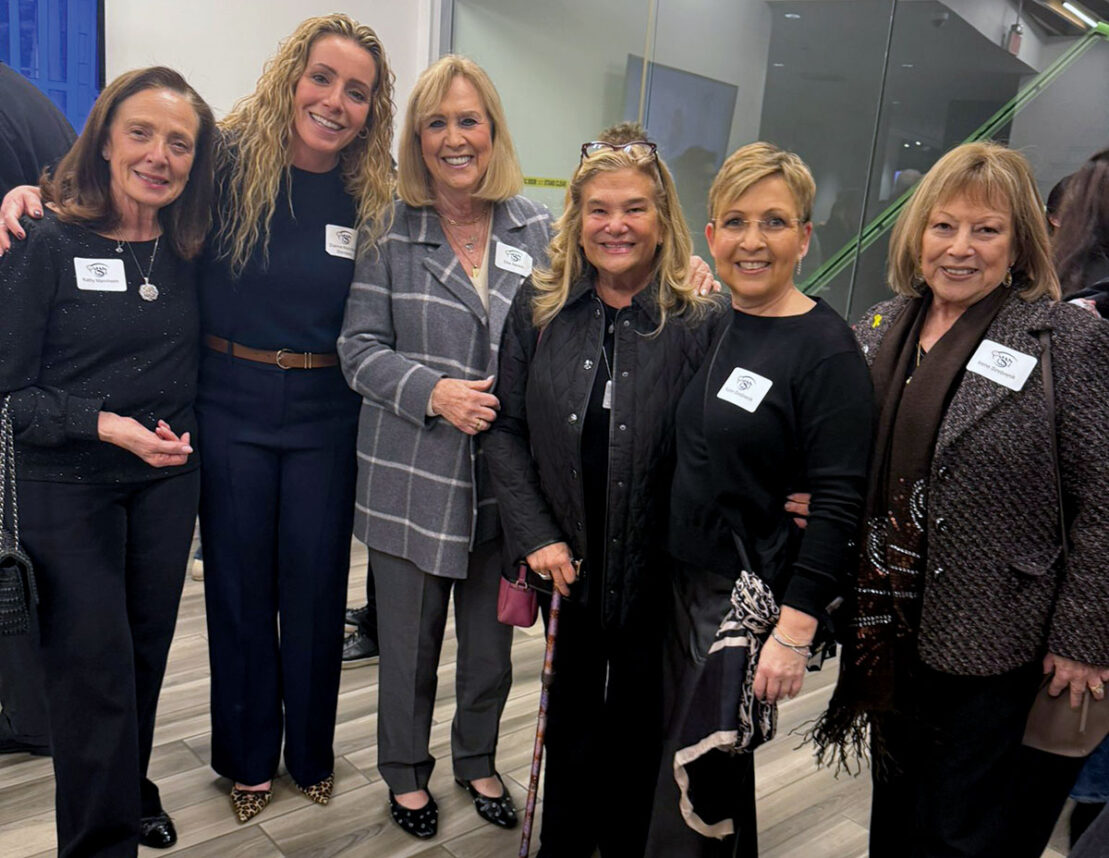

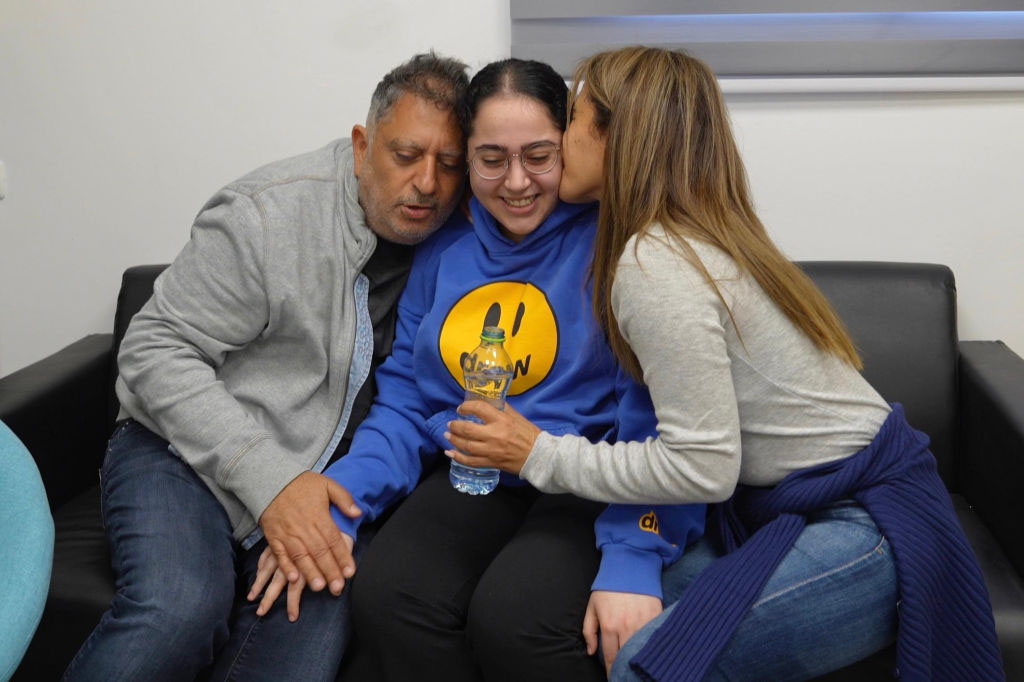
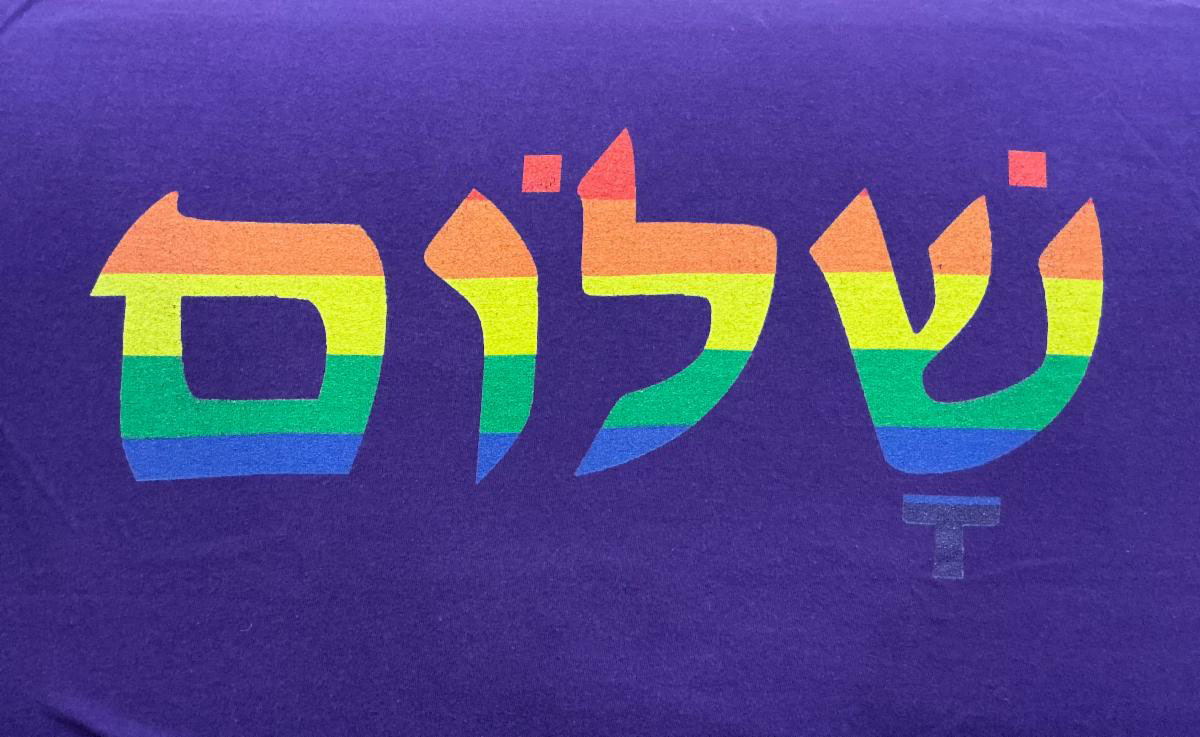





 More news and opinions than at a Shabbat dinner, right in your inbox.
More news and opinions than at a Shabbat dinner, right in your inbox.